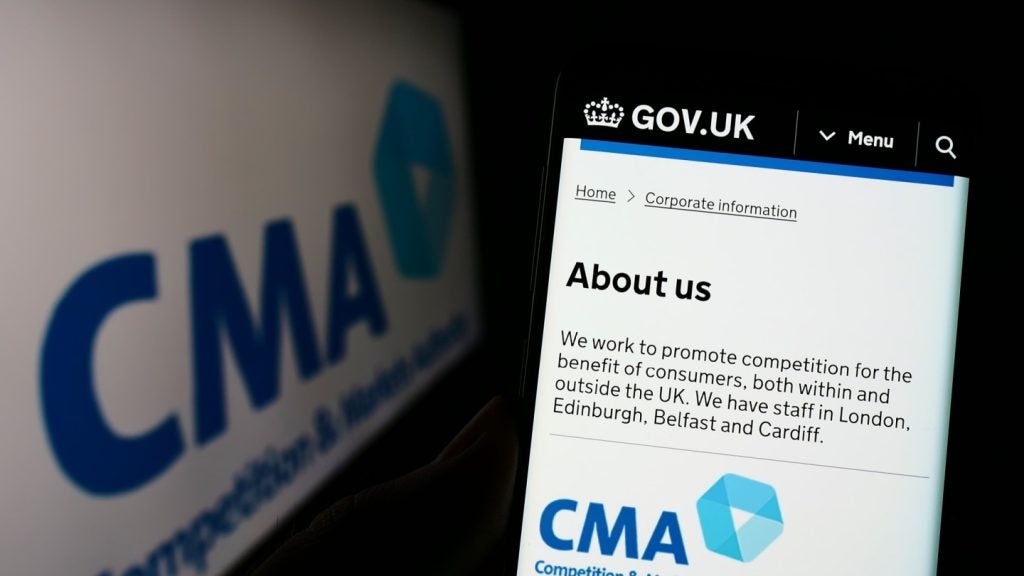
Maryland has become the first US state to legalize taxation of digital advertising revenues, but it will not be the last to try balancing state books on the back of Big Tech.
The bill authorizing the tax was first passed in early 2020, but Maryland Governor Larry Hogan vetoed it in May. However, on February 12 of this year, Maryland legislators overrode Hogan’s veto to enact the Digital Advertising Gross Revenues Tax.
The vote was far from surprising, especially given the negative impact of Covid-19 on state budgets. Yet moves in this direction were percolating well before the pandemic. After all, digital ad giants like Facebook, Google and Amazon are where the money is, as they rake in billions in revenue by using consumer information to enable targeted advertising.
Similar digital advertising taxes have been propose in other US states
Similar taxes on digital advertising revenues have been proposed in Connecticut and Indiana, though votes on comparable bills in West Virginia and New York failed to pass. Maryland’s new tax law provides a blueprint for other states to follow in that it is quite inclusive in what it targets. The tax encompasses banner ads, search engine ads, interstitial advertising, and other “comparable advertising services.” It also addresses ads that can be accessed via a website, part of a website, or an application.
The percentage of digital ad revenue taxed in Maryland increases based on revenue tier, starting at 2.5% for entities bringing in global annual gross revenues of $100 million through $1 billion and going up to 10% on global annual gross revenues exceeding $15 billion. Taxes could reach $250 million in the first full year, with proceeds earmarked for funding state education reform.
Expected court challenges on behalf of Big Tech and other interested parties will likely note that Maryland’s new tax appears to violate the federal Internet Tax Freedom Act, which bars discriminatory internet-only taxes on electronic commerce. Constitutional issues can also be argued, with critics contending that burdening protected speech, in this case advertising, violates the US First Amendment.
How well do you really know your competitors?
Access the most comprehensive Company Profiles on the market, powered by GlobalData. Save hours of research. Gain competitive edge.

Thank you!
Your download email will arrive shortly
Not ready to buy yet? Download a free sample
We are confident about the unique quality of our Company Profiles. However, we want you to make the most beneficial decision for your business, so we offer a free sample that you can download by submitting the below form
By GlobalDataThe Internet Association, which represents global internet companies, including Amazon, Facebook and Google, claims the tax will harm Maryland businesses and nonprofits that rely upon digital advertising to attract and keep new customers because the costs of paying the tax will likely be passed on to those advertisers. Accusing the Maryland General Assembly of engaging in “political theater,” the trade group indicated a legal challenge is in the works, saying the courts will have the last say on this matter.
Given that Maryland’s new tax will whet the appetites of legislators in cash-strapped states across the US, additional tax legislation targeting Big Tech will likely be coming down the pike, with even more court cases to follow. It will be years before anyone really has the last word on this issue.









Related Company Profiles
Meta Platforms Inc
Amazon.com Inc
Google LLC